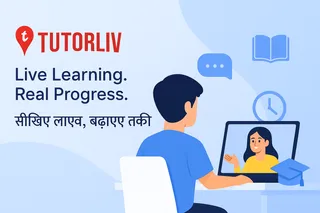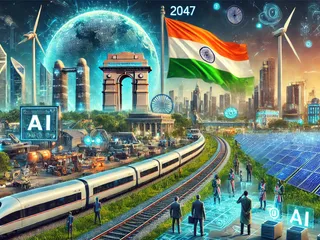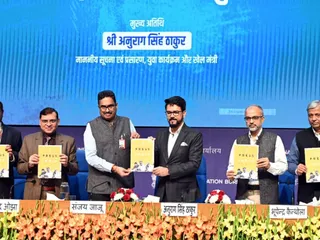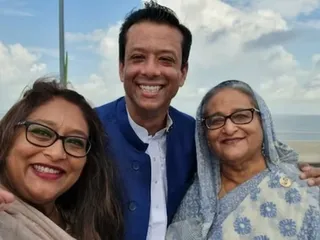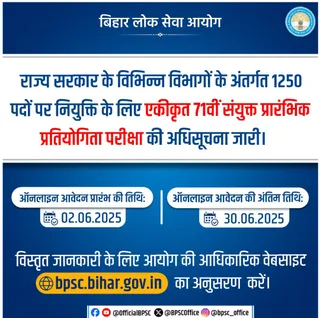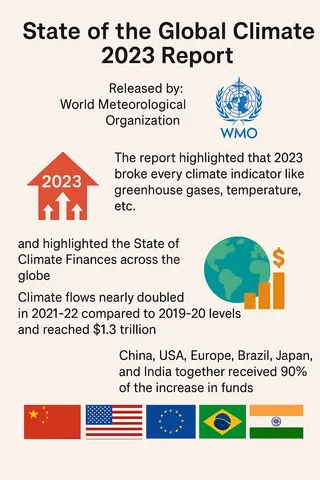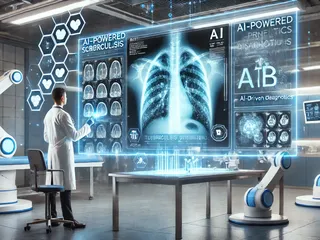The rapid advancement of technology presents both unprecedented opportunities and significant challenges for achieving inclusive governance. Effective governance requires the meaningful participation of all citizens, regardless of their background or access to resources. Technology, when implemented thoughtfully, can be a powerful tool for bridging divides and fostering greater equity and participation.
Opportunities for Inclusive Governance through Technology Innovation:
- Enhanced Citizen Engagement: Online platforms and digital tools can facilitate greater citizen participation in policy-making processes, enabling broader feedback and input.
- Improved Access to Information: Open data initiatives and accessible digital services can empower citizens with the information they need to make informed decisions and hold their governments accountable.
- Increased Transparency and Accountability: Technology can increase transparency in government operations and strengthen mechanisms for accountability, reducing corruption and promoting good governance.
- Targeted Service Delivery: Data-driven insights can help governments to design and deliver services that are more responsive to the needs of diverse populations.
- Empowering Marginalized Communities: Technology can overcome geographical barriers and provide access to essential services for marginalized communities, promoting social inclusion.
Challenges in Achieving Inclusive Governance through Technology:
- Digital Divide: Unequal access to technology and digital literacy creates a significant barrier to inclusive governance.
- Data Privacy and Security: The collection and use of personal data requires robust safeguards to protect individual rights and prevent misuse.
- Algorithmic Bias: Algorithms used in government decision-making can perpetuate existing biases and inequalities if not carefully designed and monitored.
- Accessibility: Digital services must be designed to be accessible to people with disabilities.
- Capacity Building: Governments and citizens need adequate training and support to effectively use and benefit from new technologies.
Moving Forward:
Addressing these challenges requires a multi-faceted approach that includes investing in digital infrastructure, promoting digital literacy, developing inclusive policies, and ensuring that technology is used ethically and responsibly. International organizations like the UN and the World Bank are actively working to promote the use of technology for inclusive governance and sustainable development. Learn more about their initiatives and how you can get involved.
Further Resources:





